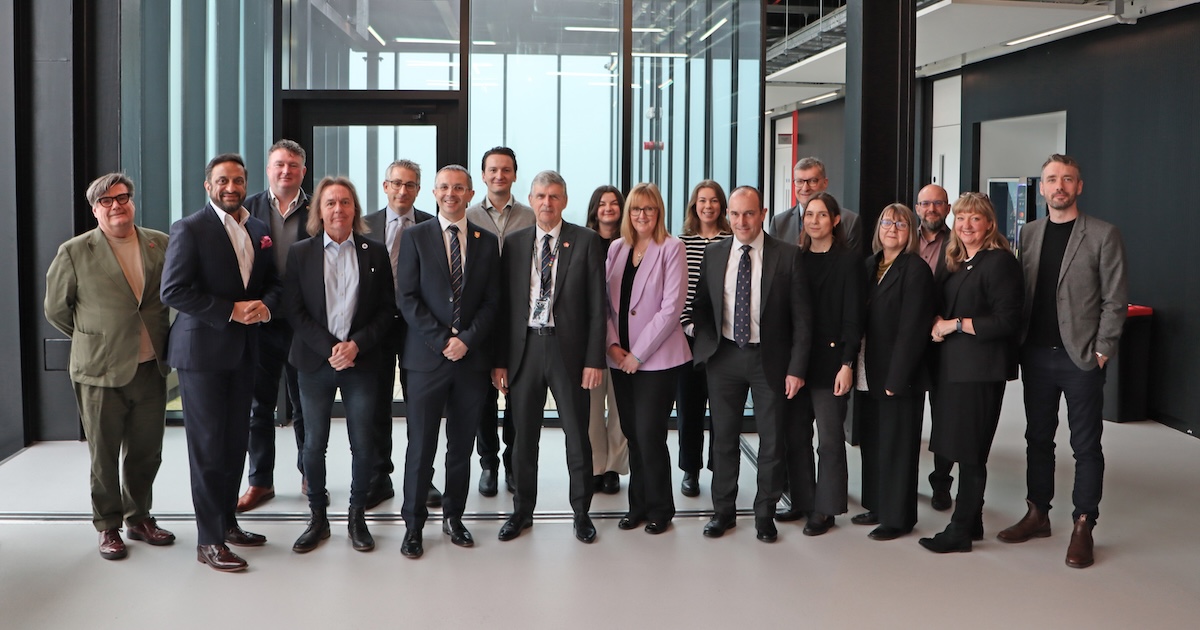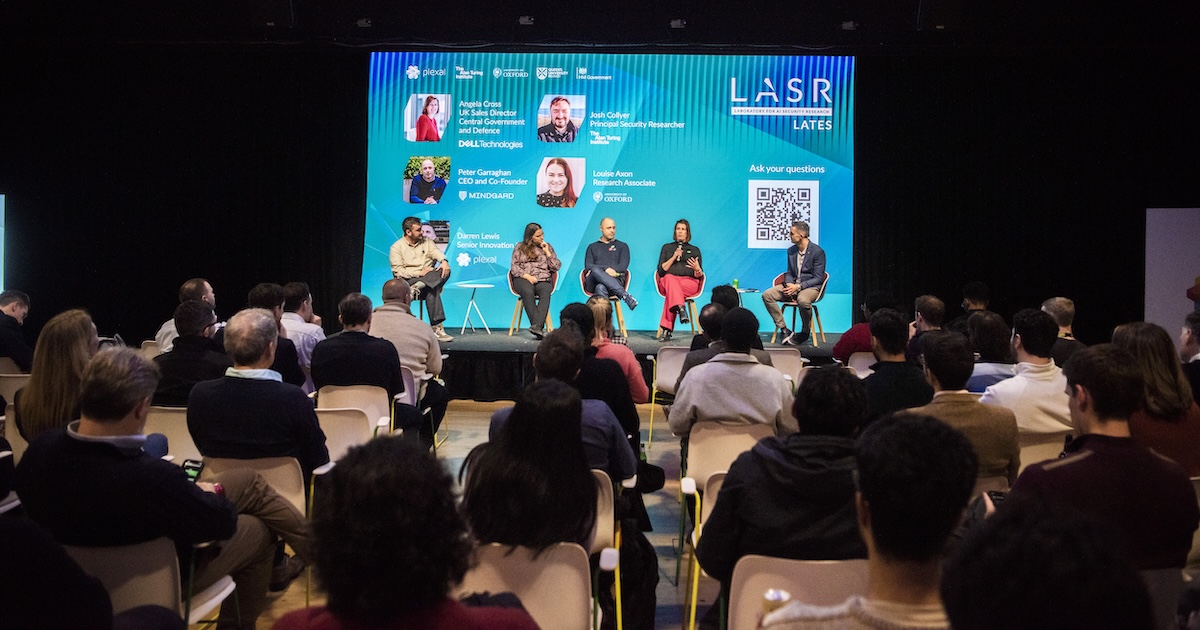Upcoming Events

Members’ Night feat. performance from London Gay Men’s Chorus
3rd July 2025 | 17:00 – 19:00
A special edition of members night, featuring a performance from the London Gay Men’s Chorus!
Plexal events calendar
Mon
Tue
Wed
Thu
Fri
Sat
Sun
M
T
W
T
F
S
S
30
1
2
4
5
6
7
10:00 AM - Members' Breakfast
9
10
11
12
13
14
15
16
5:00 PM - Members’ Night
18
19
20
21
10:00 AM - Members' Breakfast
23
24
25
26
27
28
29
30
31
1
2
3
A special edition of members night, featuring a performance from the London Gay Men's Chorus!
Join us and get to know the community. Breakfast goodies and pastries are on us.
Join us and get to know the community. Breakfast goodies and pastries are on us.










